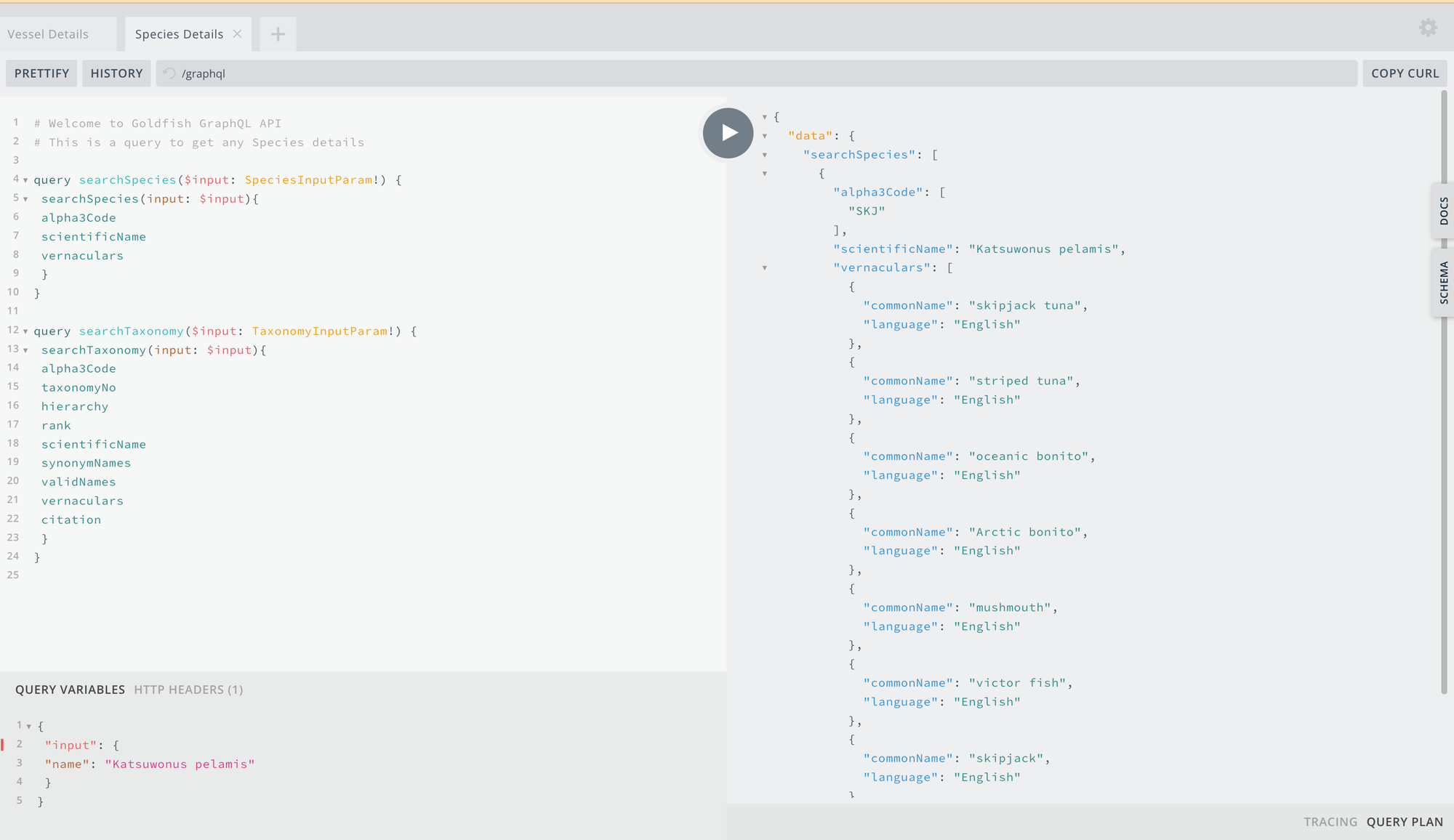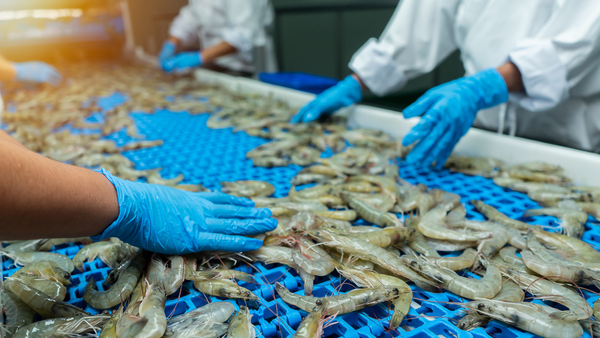Adding ALL THE SPECIES!!!

TL;DR We’ve integrated the Integrated Taxonomic Information System (ITIS) database into the Goldfish API, providing greater specificity, support for regional common names and expanded research potential. We see you, neeeeerrrrds!
This is a non-sequitur, but my first experience of a ‘5-Guys’ was in Germany many years ago. After collecting my order, I returned to the cashier, thinking I had someone else’s food because the bag was absolutely full of fries. Aside from the language barrier, which made the explanation der Spaß for both that teen and me, I realized that no matter what size fries people ordered, someone would just dump a bunch extra in the bag. That experience stayed with me: giving customers what they asked for, just more of it, because why not(?) is essentially what the team did this week for our friends at ABALOBI.
ABALOBI, a company with a unique product from an emerging market and a compelling story, is a valued partner. To assist them in bringing South African cape bream (Pachymetopon blochii) to the US, we needed to deal with the fact that this species hasn’t been indexed by the UN Food and Agriculture Organization (FAO). As a company focused on trade assurance we initially focused on species with FAO codes, but to serve this and other emerging markets we needed to integrate new species and support regional common names, so we added literally all of them.
With today’s update, we've expanded the species data in Goldfish to include every species known to science... that's a whopping 938,085 species! We've also included their associated 3-Alpha FAO codes, English common names, and their entire taxonomic structure. All of this data is sourced from ITIS; the authoritative, multi-government-endorsed global index of species.
Looking for skipjack tuna?
We got that skip-jack!
Looking for Paralithodes camtschaticus?
We got that pyhefhsfhkjasjk chjajhadhjkhjkda…
Looking for an endangered species?
We’ve got it, but it should make you very sad.
Adding more formality to how we structure ‘things’ allows us to add and support unique regional common names without losing their scientific relationship(s). For example, our South African vriende will now be able to search for:
• South African Yellowtail amberjack (Seriola lalandii)
• South African Silver / Carpenter (Argyrozona argyrozona)
• South African Cape Bream (Pachymetopon blochii)
If you access the API via the GraphQL Playground, you will notice a new tab beside vessels. This tab will be pre-populated with standard search output variables. Feel free to modify these for your use case. Developer access via CLI shouldn’t experience any consequential changes.

This is another foundational update. With it we can begin to support more than just seafood, integrate more datasets, and we hope benefit scientific researchers working alongside trade.
The docs and output variables are now LIVE on the Sandbox and the API. For those looking for user documentation, it will be updated next week. Emily chose a “holiday” over your needs! Whereas Vipin and I stayed out of love and dedication to you, the people.
And that Larry is how we design things at Goldfish: Waaaay more fries in the bag than you expected, and then Ryan explains it like the rambling internal monologue of an angsty teen.





